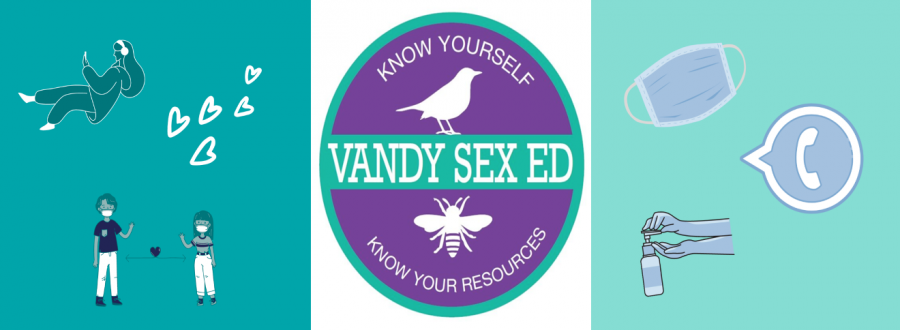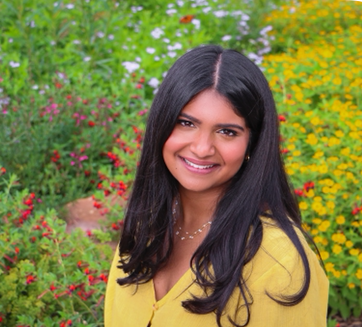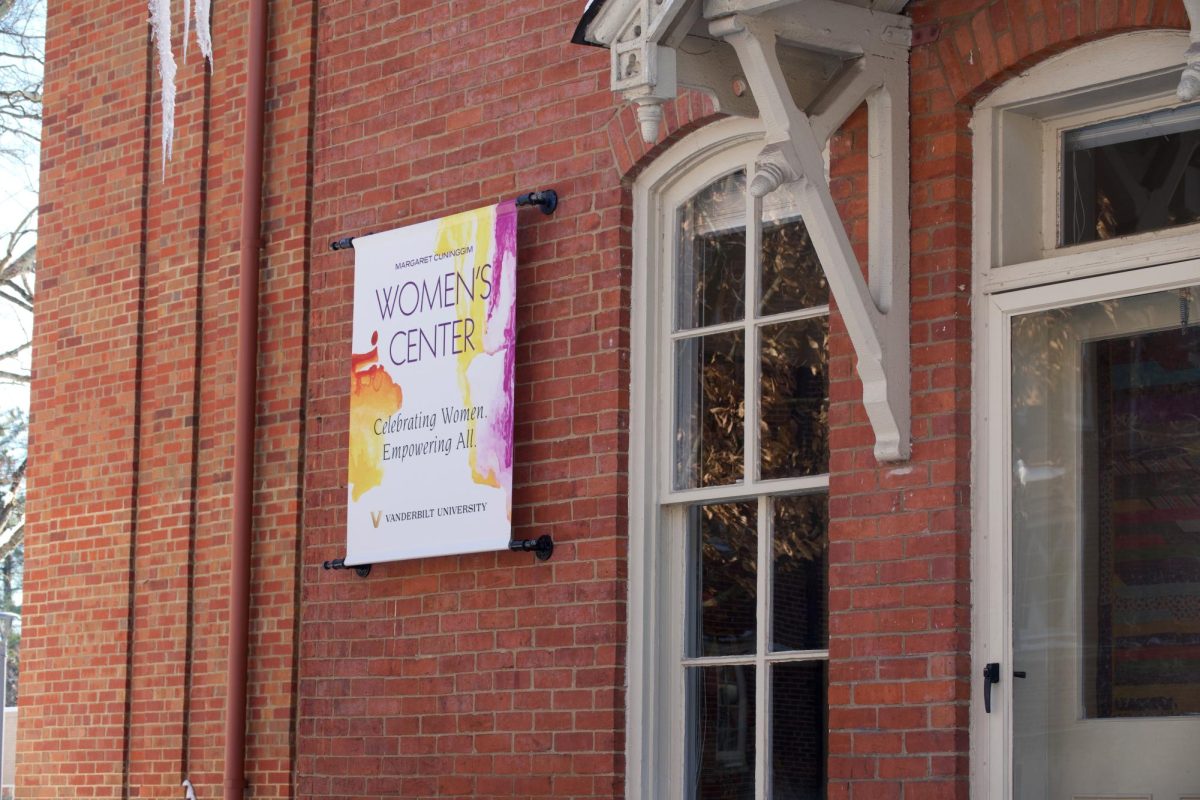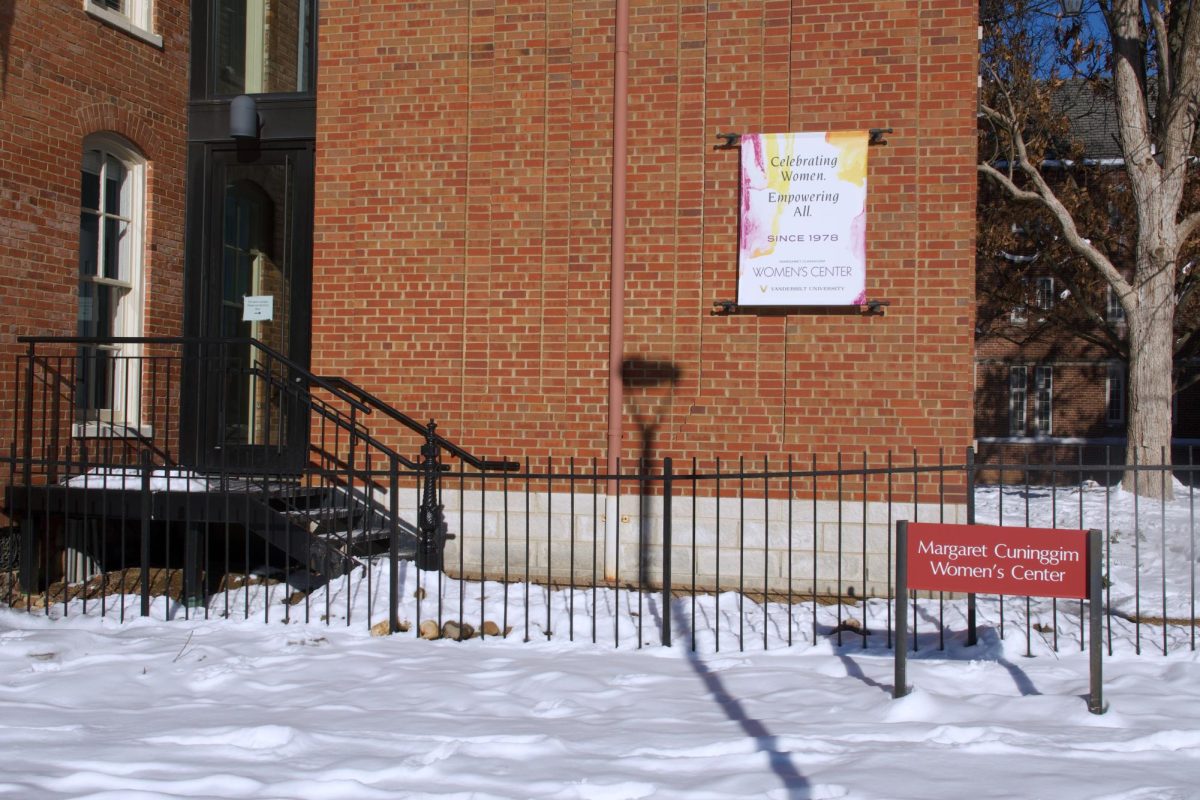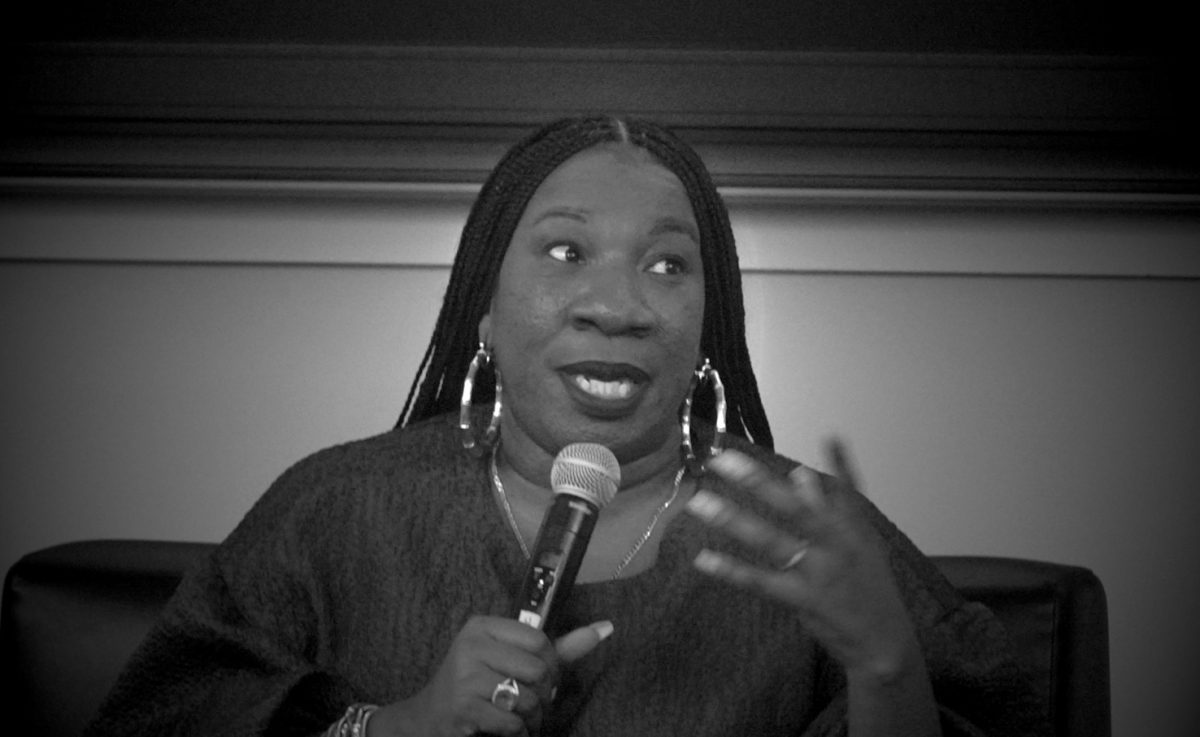It’s arguably more important now than ever to be educated about sexual health and behavior. With false information disseminated online and prevalent urban myths, it can be hard to inform oneself without thorough research—especially when it comes to the taboo and uncomfortable (although it shouldn’t be!) topic of sex. Fortunately, the Vandy Sex Ed team has the tools to provide accurate information and advice to the undergraduate population.
Offered through the Margaret Cuninggim Women’s Center, Vandy Sex Ed is an internship program that equips undergraduate students with the knowledge and tools necessary to be peer sex educators, according to women’s center Program Coordinator Bailey Via. Every intern completes a comprehensive and inclusive sex and sexuality education course by Planned Parenthood, while Project Safe trains them in consensual practices, Via said.
“Our interns have the tools to help both themselves and their peers make healthy and informed decisions about sex and sexuality,” Via said. “We differ from the health center in that we don’t offer clinical or medical work, but rather programming surrounding sexual health.”
Junior Katy Hamilton is in her second year in the Vandy Sex Ed program, having interned both her junior and senior years. She said she originally learned about the internship from a classmate, who was a Vandy Sex Ed intern at the time, in her Politics of Reproductive Health anthropology class. Hamilton said the class was a motivating factor in applying to intern, as she learned about shortcomings in U.S. healthcare and education systems, especially in reproductive health and awareness.
“I was drawn to the program because I became more aware about how limited things are in the United States related to sex education. There is no federal regulation of sex ed, and so much of it is left to state regulations,” Hamilton said.
According to the National Conference of State Legislature’s information on state policies for sex education, only 30 states require sex ed of any kind, and only 22 require it to be medically, factually or technically accurate. Furthermore, 30 states allow parents to opt out of sexual education on behalf of their children.
After completing the training, the interns aim to train the rest of the undergraduate population by holding workshops for Greek life, RAs, Visions groups and some classes—that is, under normal circumstances. In the past, they’ve held workshops on birth control, contraceptives, STI prevention anatomy and communication skills in romantic and sexual relationships, Via said. This year, Vandy Sex Ed has shifted to a different format with the launch of their new blog.
“We’ve shifted to providing the information that we would normally include in our workshops through online platforms like our Instagram and blog,” Via said. “We decided on this format since we know Zoom fatigue is very real.”
The interns, along with Via, post three blog posts each week with a new topic each week. These topics include sexualization, sensuality, identity, intimacy, health and behavior, anatomy, pleasure and queer sex ed.
“We think about holistic sexuality—what we call ‘womb to tomb.’ There is information that essentially applies to everyone of all ages, including those that are asexual,” Via said. “We also realize that folks bring in different values.”
Catering to the current circumstances, the blog and Instagram also provide information about how to be sexual safely during a global pandemic, including healthy practices, and how to discuss whether sexual exclusivity includes emotional exclusivity, according to Hamilton.
“We are doing what we can to reach out to the Vandy student population and provide resources for the current climate,” Hamilton said. “We are realistic about what people are going through and what they are going to be wanting to do.”
This online format also has its upsides, since Via hopes that more students will have ready access to this information. According to Via, the blog is meant to be a place where people can anonymously ask questions, because sex education can be a tricky and new topic for some.
“Whether we know the answer or not, we want to be able to convey to people that we understand where they are coming from and want to help them as much as we can,” Via said.
“When I took a health class in high school, it was more fear-based than sex-positive,” Hamilton said. “It is so important that students are provided with accurate and positive info when coming into a new environment with new freedoms.”

